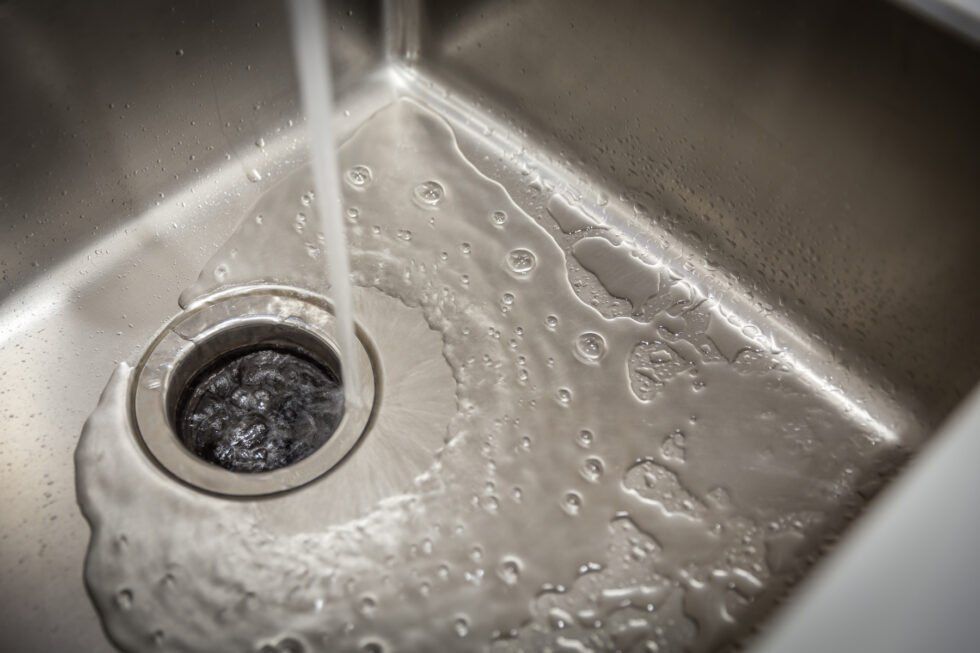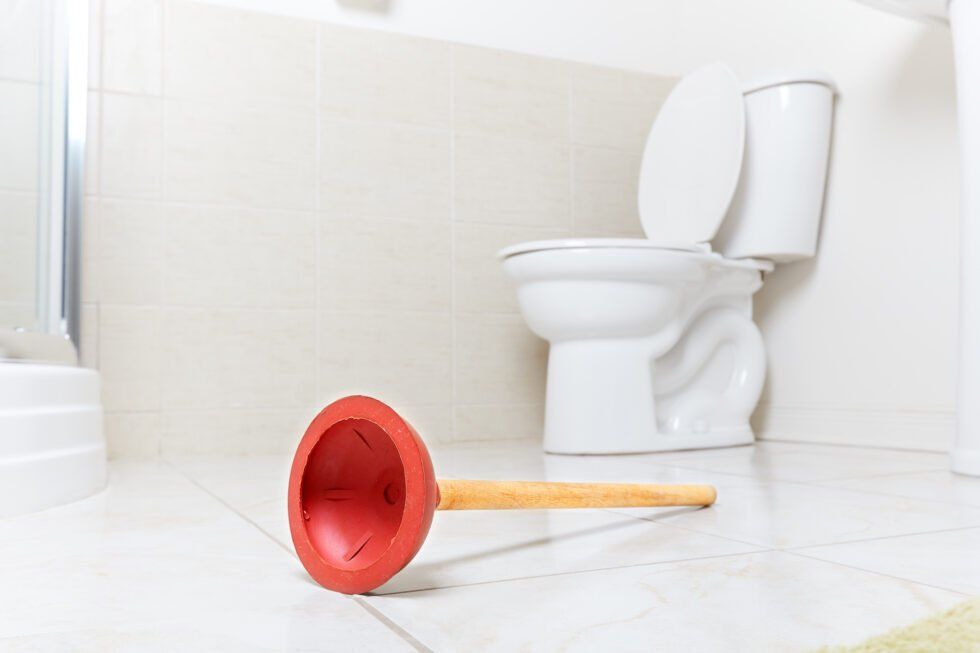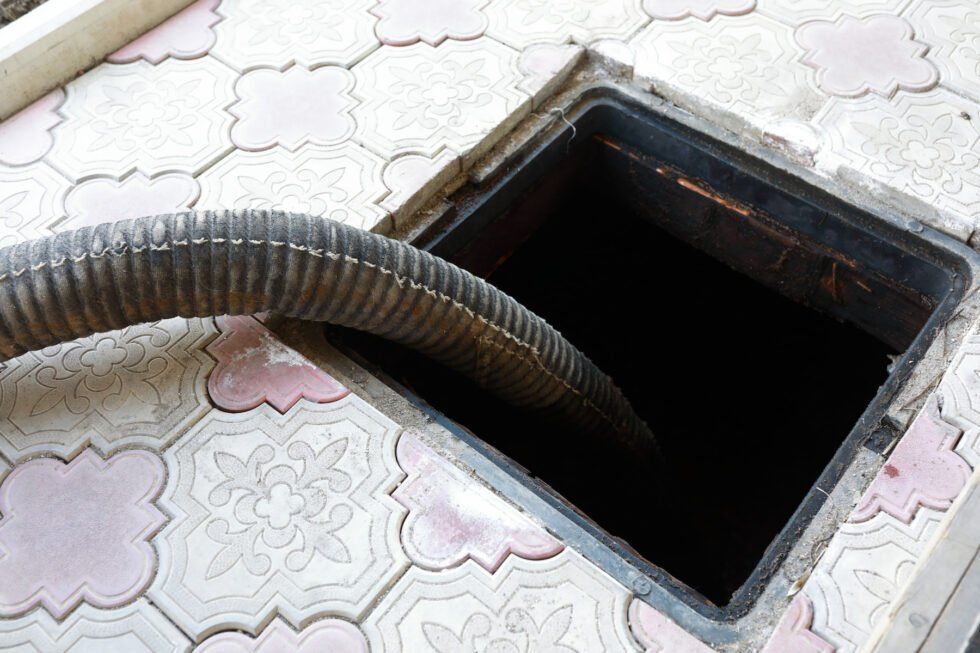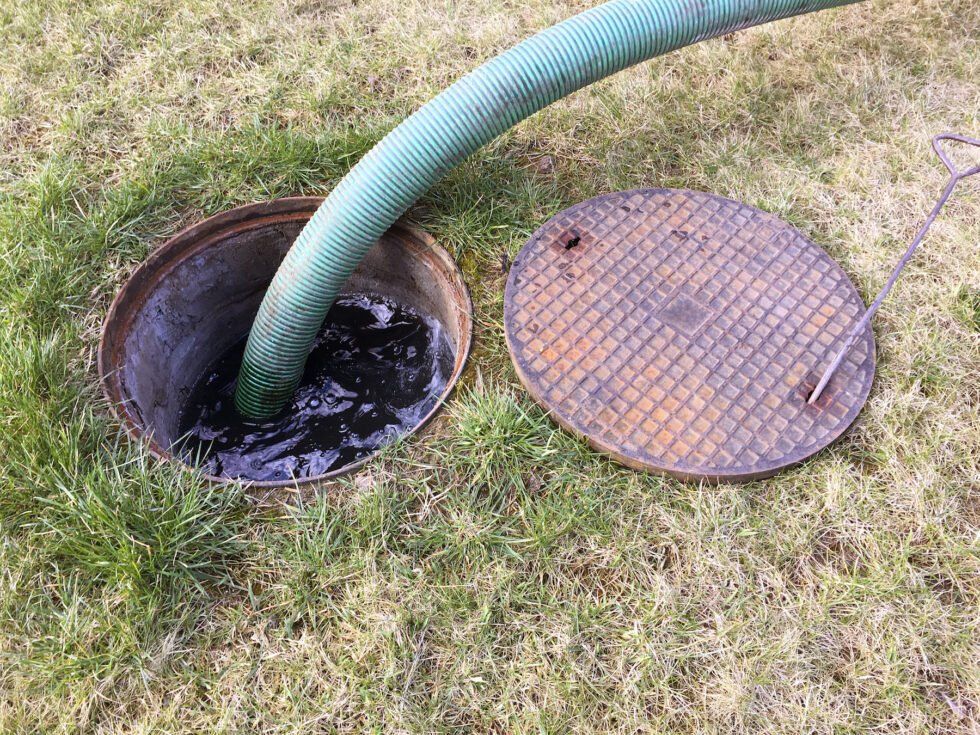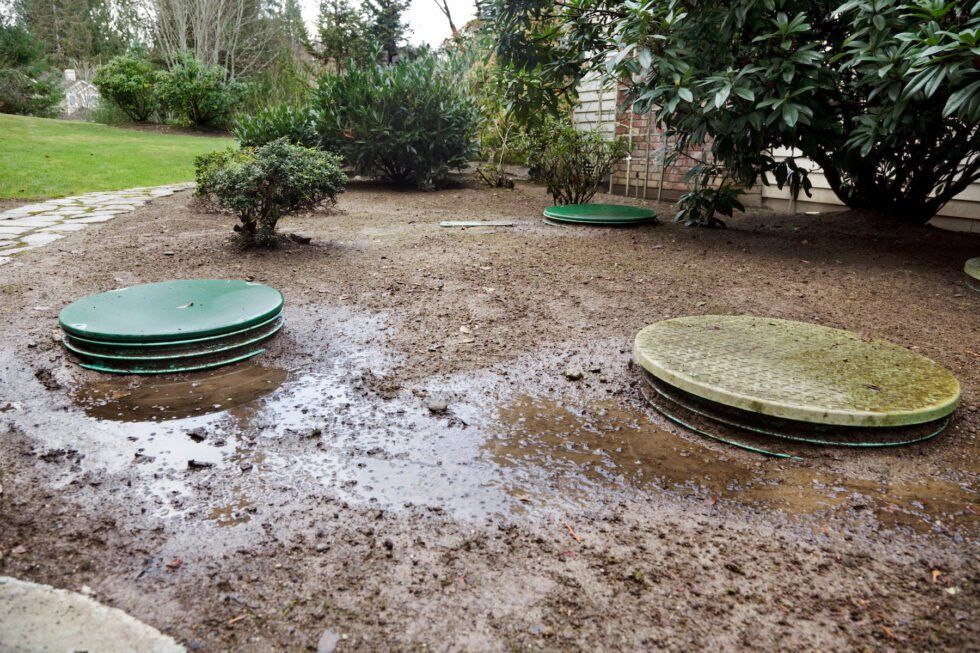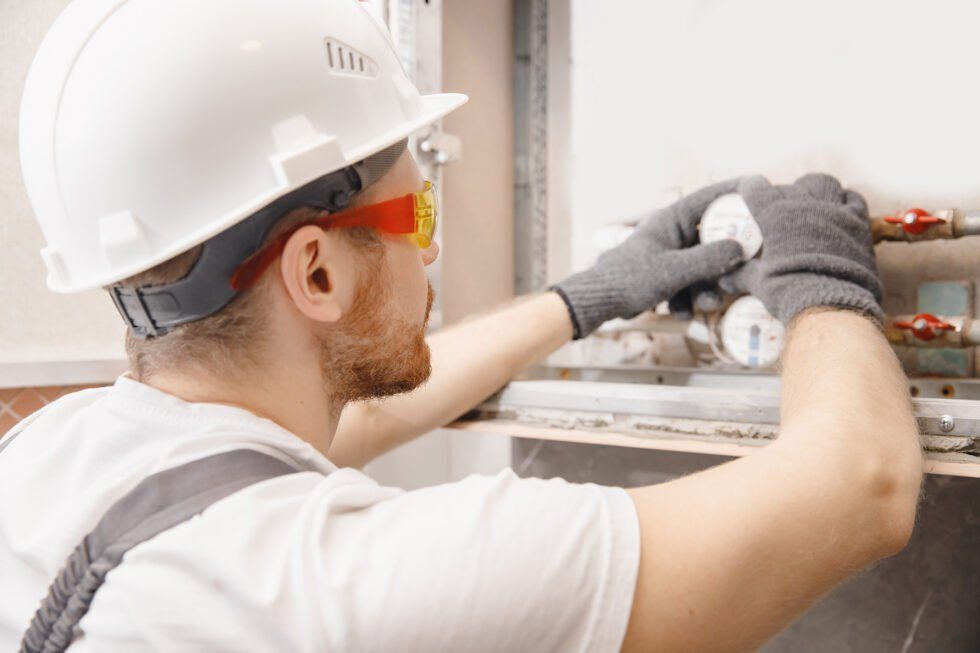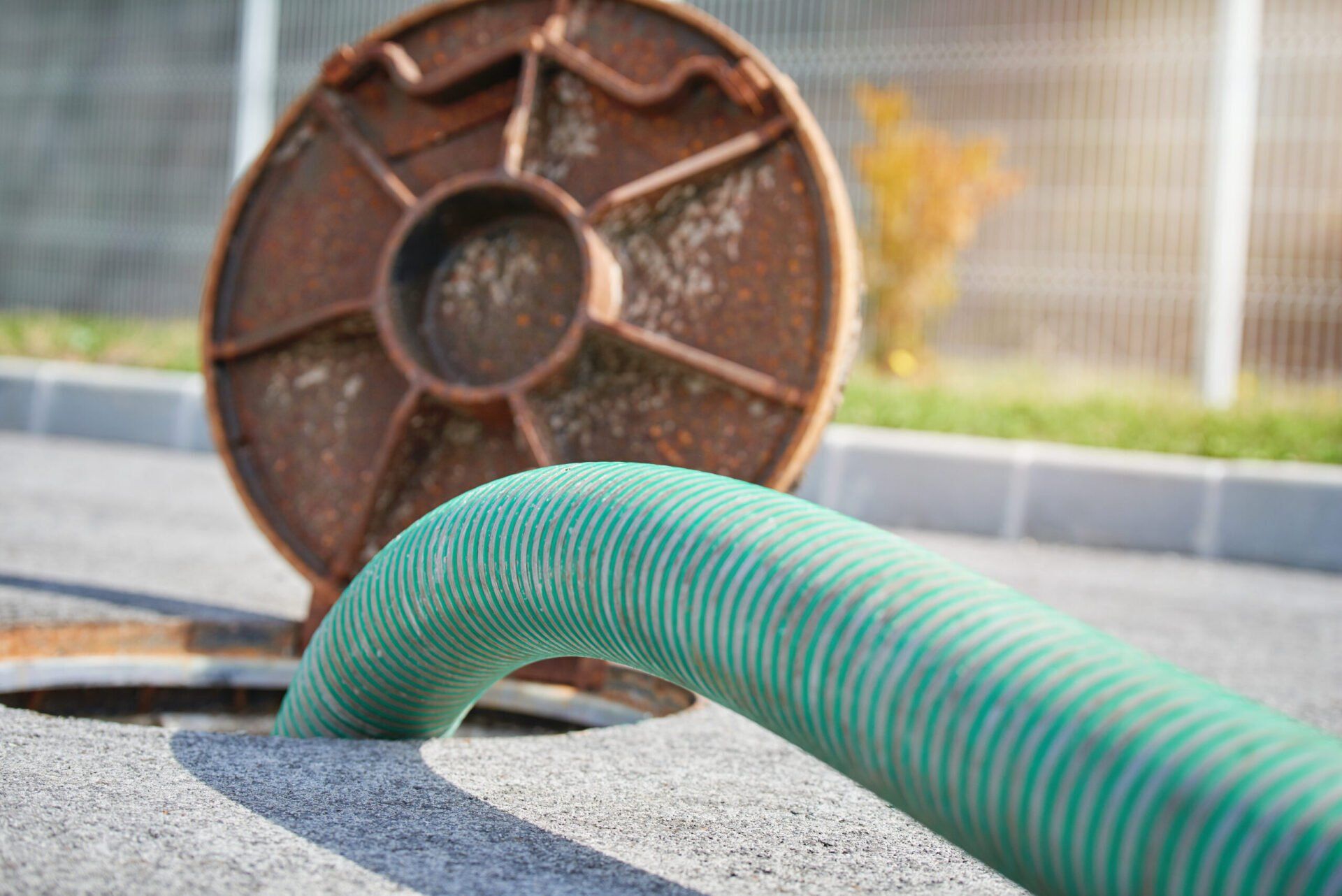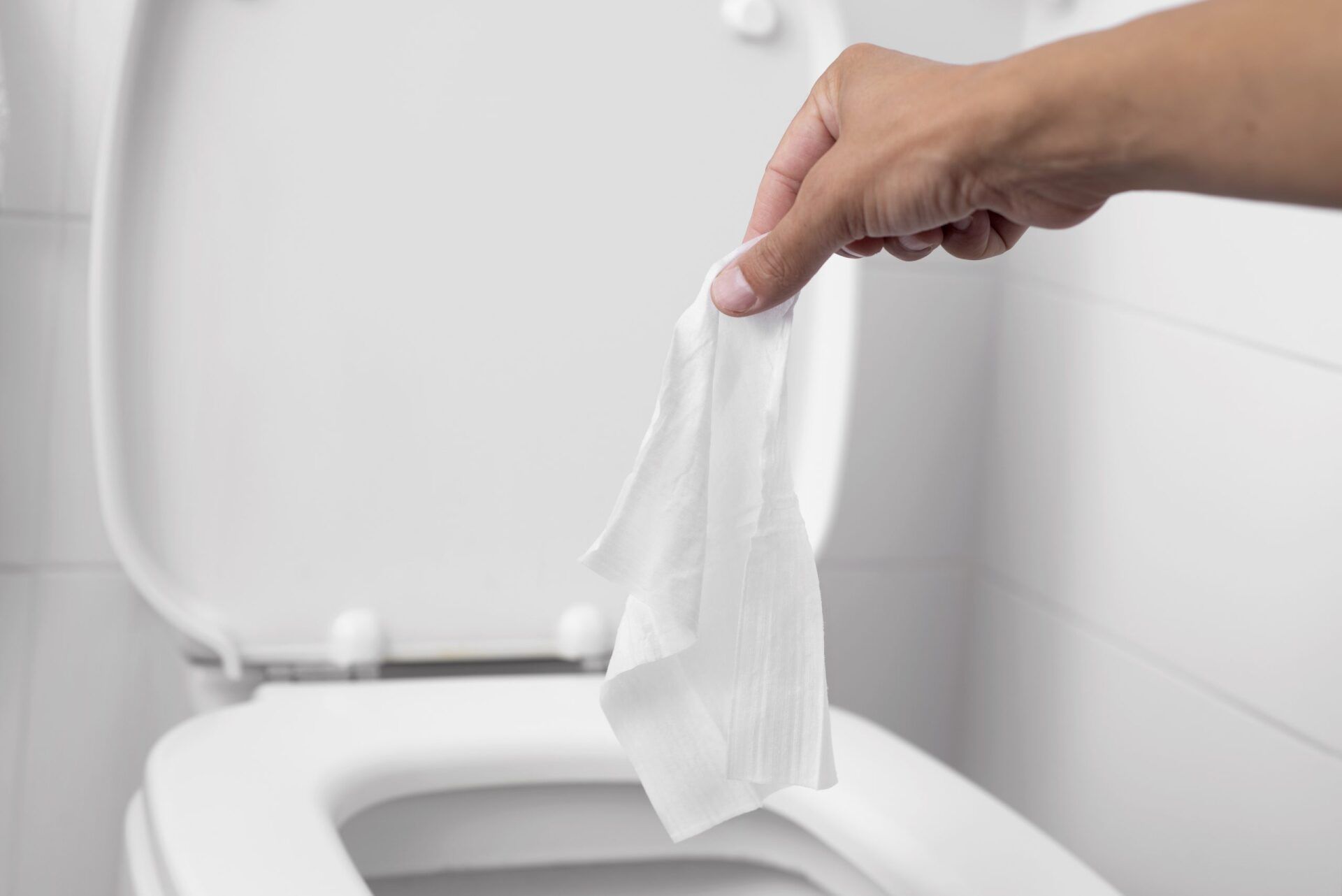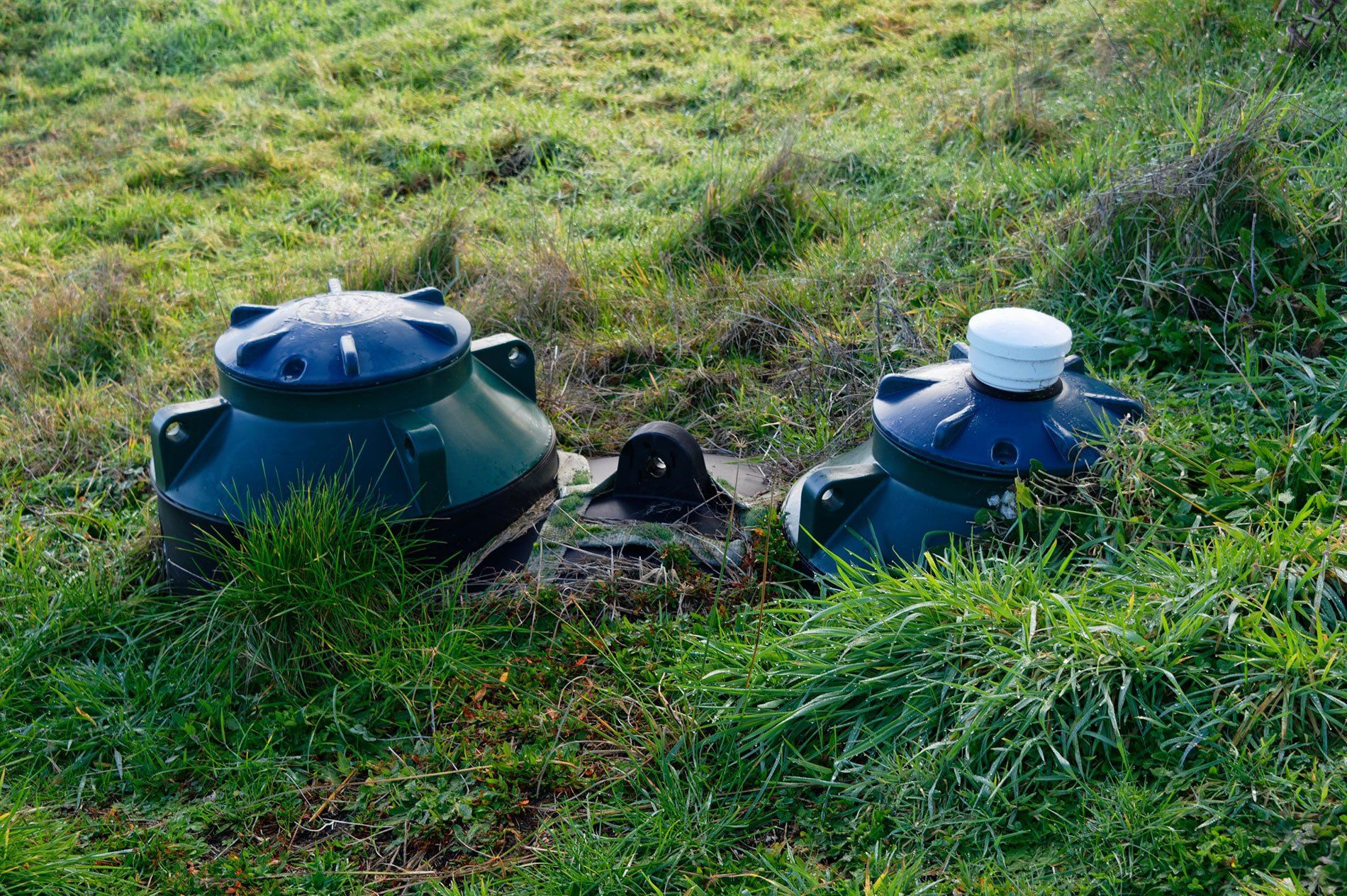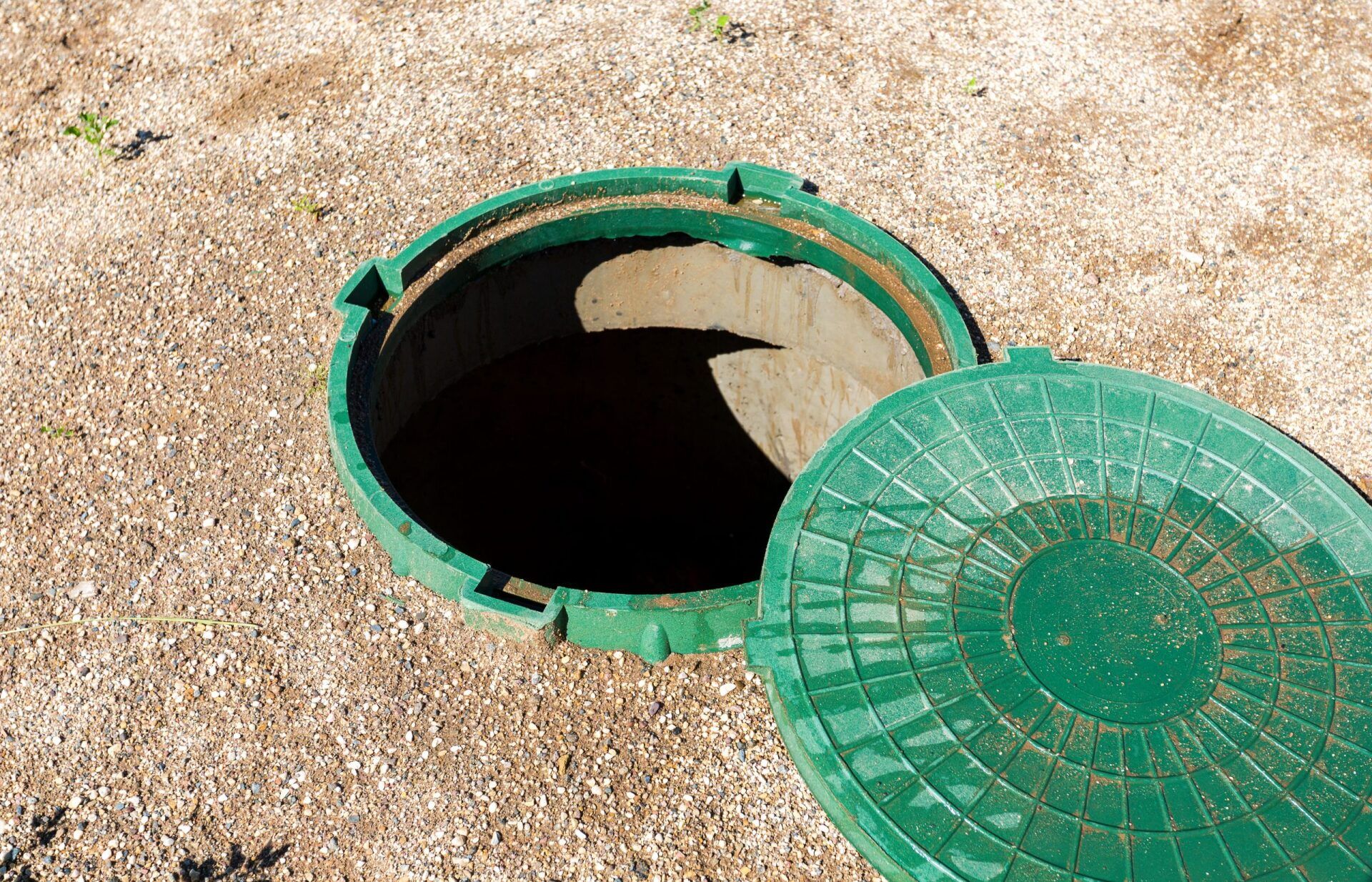Call us for service (352) 732-3956
Please be advised that we do not offer pumping services.
Sure Signs Your Septic System is Starting to Fail
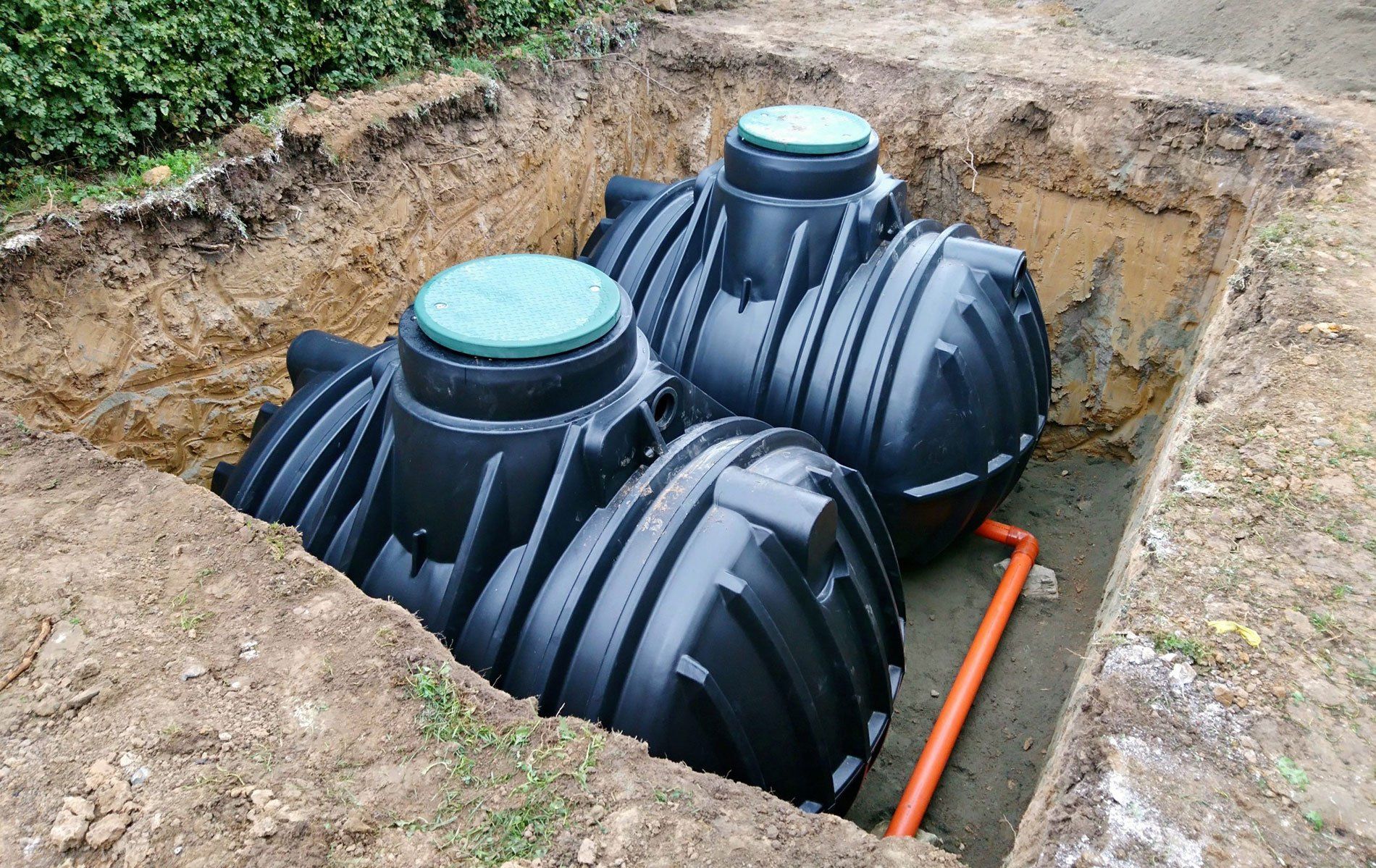
Even with regular maintenance, every septic system has a limited lifespan and will eventually need to be replaced. Every septic system fails eventually, but regular inspections and maintenance can lengthen the lifespan of your system and prevent failures from happening too soon. Here are a few telltale signs your septic system is failing, plus some tips on catching and preventing a failure before it happens.
The Dangers of A Failing Septic System
When your septic system fails, it’s more than just an inconvenience to the people in your home. A failing septic system can leak toxins and deadly bacteria into the environment around you, which can hurt or kill all sorts of wildlife. That’s why septic system owners need to be responsible for and aware of any problems their system might have. This includes being knowledgeable about the signs of septic failure, knowing how to prevent it, and regularly scheduling maintenance for your system.
Signs of Septic System Failure
If water is backing up in your system and causing sewage to show up in your toilet, it could indicate a system failure. Sinks, baths and showers draining slower than usual could indicate a clogged pipe or a failing system.
If you notice standing water, damp spots, bad smells, algae blooms, or thick grass in the area of your drainfield, this could mean your system isn’t draining effectively and needs maintenance immediately.
When a septic system begins to fail, the drainfield usually shows the first signs. A saturated drainfield will lead to sewage backing up into your home. This sewage is what makes septic failures dangerous. Not only does it make your water unsafe to use, it also impacts the water safety of the community around you. If your water wells show high levels of nitrates or coliform bacteria, this might mean your system is failing and leaking toxic sewage into the environment.
How to Prevent Septic System Failure
The easiest way to prevent septic system failure is by scheduling regular maintenance. Make sure your septic team is coming out at least once a year to inspect your system and repair any issues they might find. Regular maintenance lets you catch small problems before they grow into expensive, failure-causing issues. You should also be pumping your septic system every three to five years. If anyone in your family takes a lot of medications, have your tank pumped closer to every three years to prevent chemicals from these medications leaking into the environment around you.
Lastly, be mindful about how much water you’re using and what you’re flushing when you use the toilet. Try to reduce the amount of water you use by doing all your laundry in one day, hand-washing as many dishes as you can, and keeping your showers short.
Septic Maintenance and Repairs With Quality Septic
If you suspect your septic system is failing, call Quality Septic right away We offer efficient and affordable septic maintenance and repairs, and our team of septic technicians work hard to give you the best maintenance and the friendliest service. Call or visit our website for a free quote today!
Quick Links
Contact Us
Say hello
We will get back to you as soon as possible
Please try again later

